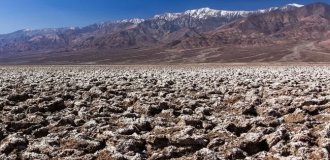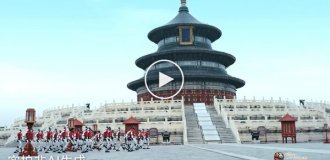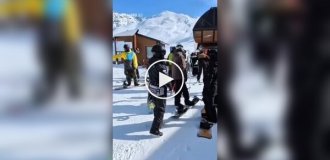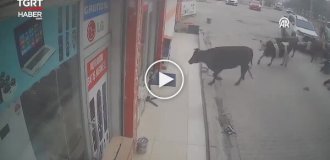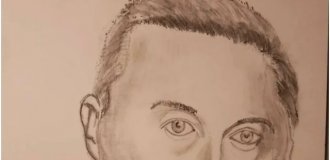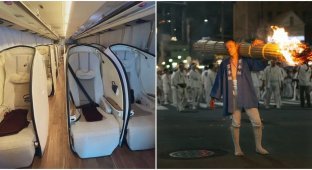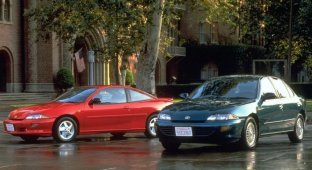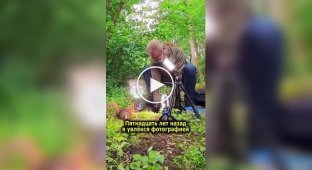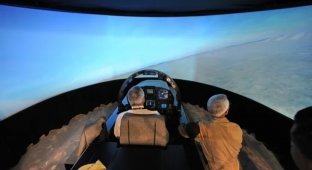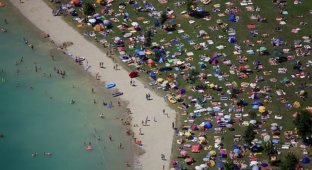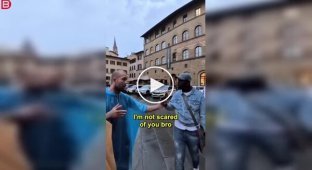8 unexpected features of Jordan: what the guidebooks are silent about (11 photos)
You expect one thing - deserts, ancient monuments, the photogenic Dead Sea - and in the end you are faced with so many details that are not described in any guidebook. 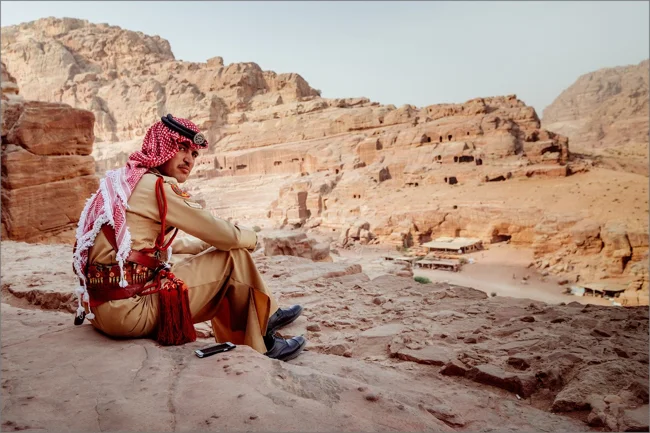
1. Old and dilapidated cars
These old Toyotas and Nissans, covered in rust, with broken headlights and missing bumpers, seem to have come from the past. 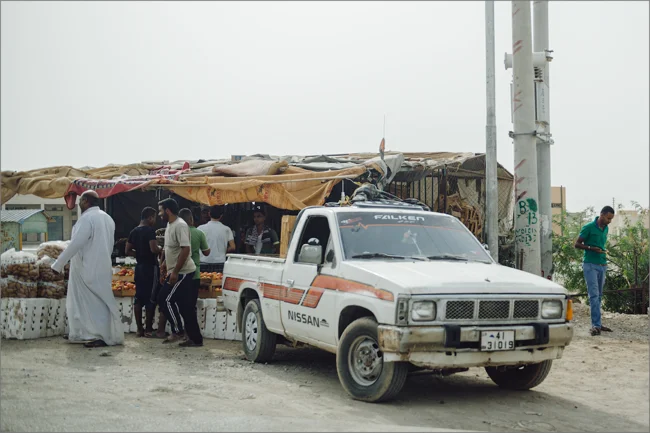
When you drive along a deserted road, overtaking a rusty and old Toyota, which barely moves, you feel that time has stopped here. Or reality has gone somewhere in the other direction, and instead of a country with many monuments of world history, you find yourself in some post-apocalyptic movie. 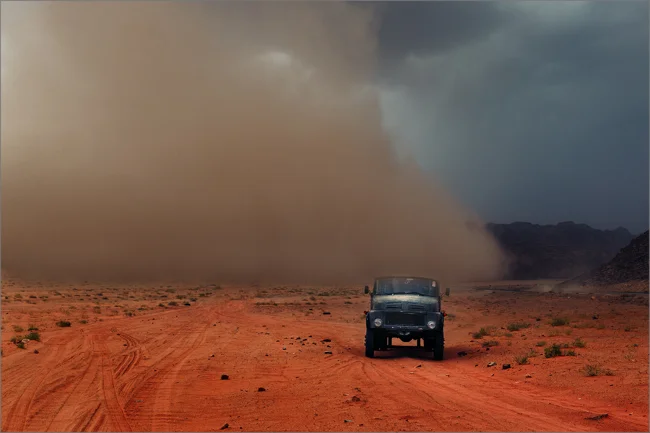
These cars seem to tell their own stories, how they survived years and decades, passing through the deserts and rocky roads of Jordan.
2. Tea and coffee everywhere and always
Jordan turned out to be one of the few countries where there were no problems with tea. And I really love tea and always drink it at any opportunity. Wherever you go, you will be offered a cup of tea or coffee. And this is not just a habit, it is a real culture of communication. 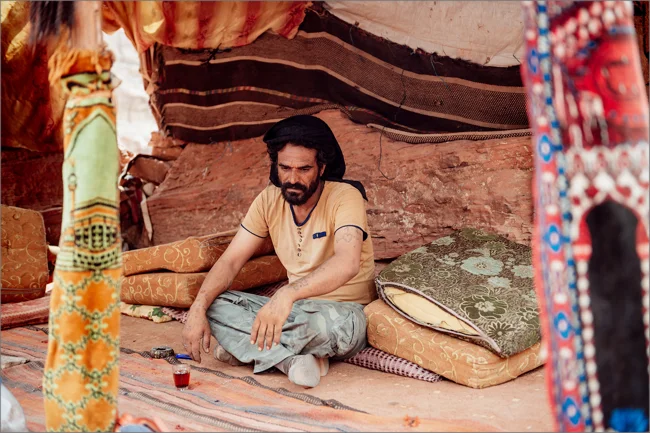
Tea will be sold along the road, on the streets, in the desert or in ancient Petra. Having climbed up, I saw a small Bedouin hut, in which the owner was sitting and boiling water in a kettle on small firewood. He immediately waved to me and handed me a glass of tea. And the locals also collect herbs and make tea from them with a very unusual and memorable taste. 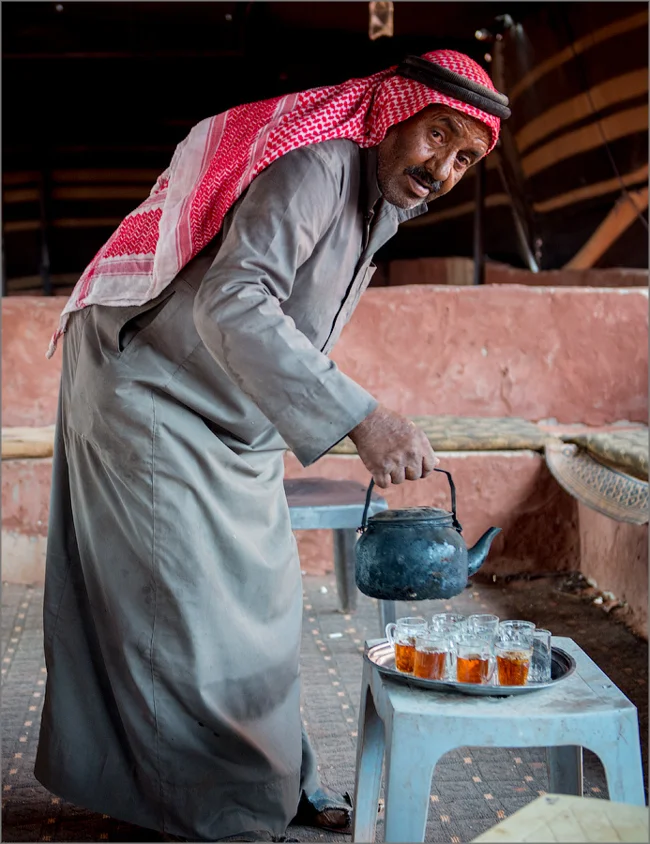
3. Unfinished houses
When you drive through small towns, you notice that many houses look unfinished. As if the owners didn't have enough money. It looks pretty unusual. And sloppy, to be honest. 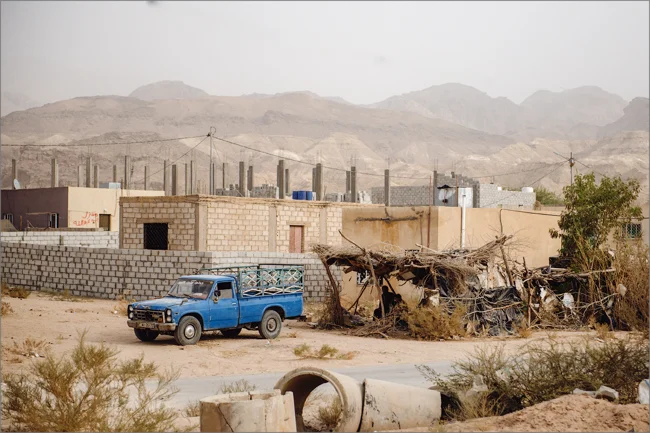
I learned that many families intentionally don't finish their houses: they leave the top floor without a roof or the walls unfinished. Why? It's simple: they pay less taxes that way. This is the color with a landscape of protruding reinforcement against the backdrop of the starry sky.
4. Haze and smog
They envelop everything around and add a bit of a mysterious atmosphere to the surrounding reality. Car exhaust, desert dust and fires in remote settlements - all this merges together, creating a light smog. Therefore, everything around seems a little blurry and yellowish-orange. 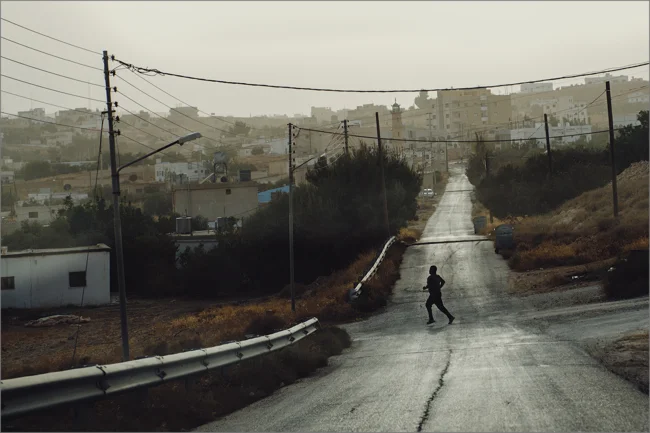
5. The Dead Sea: not what it seems
Before the trip, I saw many bright, beautiful photographs of the Dead Sea. And naturally, I expected to see something like this: blue-green water and white, sparkling shores. But when I first approached the shore, the reality turned out to be different. The water was muddy, the shore was strewn with salt crystals, and the surrounding landscape was harsh and a little wild. 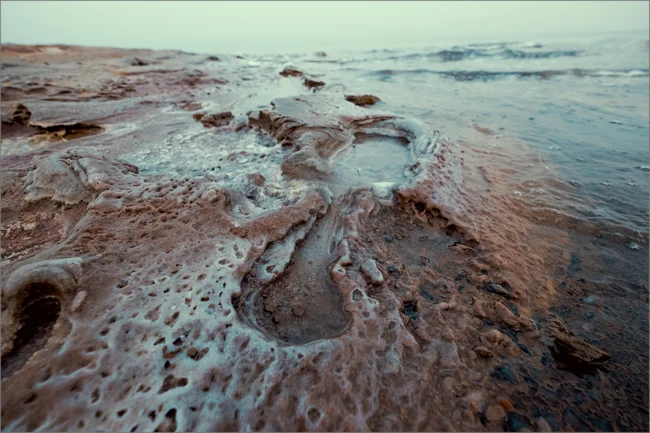
And the water itself turned out to be oily and thick. When you float on the surface, it feels like you are being held by invisible hands.
6. Bedouins who live in caves
And this is not an exaggeration for tourists. Jordan is a country where traditions really come to life. In Petra, in Wadi Rum, Bedouins live in caves, just like they did thousands of years ago. These are the native inhabitants of Petra, who lived here long before the place became a tourist attraction. But even after that, many come to their old caves and spend the night here. Although they received houses in the nearest village. 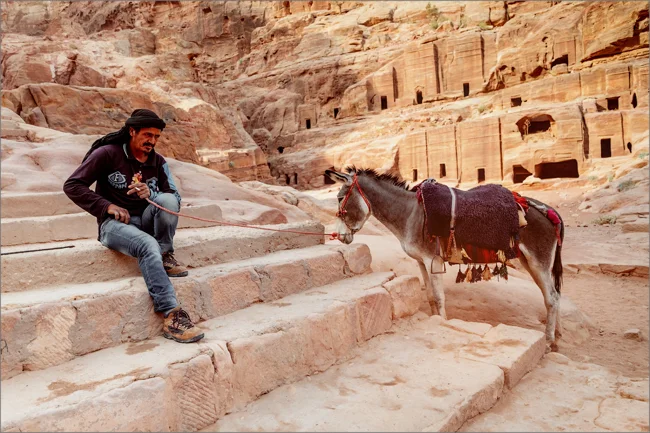
7. Traditional dishes are buried in the desert
One of the national Jordanian dishes is zarb. This dish is cooked underground. Meat and vegetables are buried in the sand and left to slowly stew under a fire or coals. Cooking takes about 10 hours. But the result is the most tender meat and aromatic vegetables. It's not just food, it's an ancient ritual that allows you to touch something very primordial. 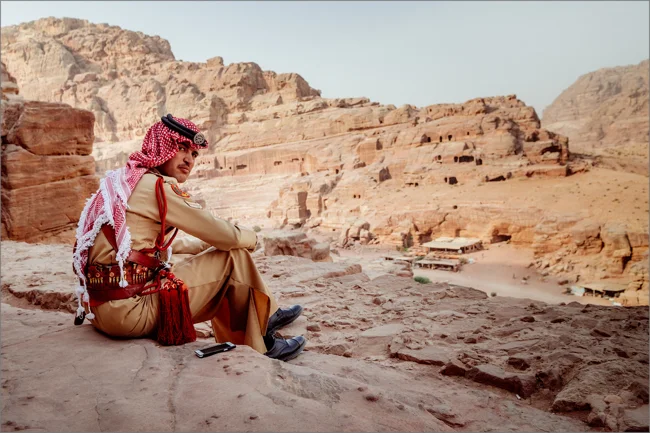
8. Checkpoints
The first time I saw checkpoints on the road, I was a little wary. Stern people, stern faces, barriers - all this subconsciously makes you tense. But they explained to me that it's all for safety. And mainly for tourists. And large hotels are generally more like impregnable fortresses. 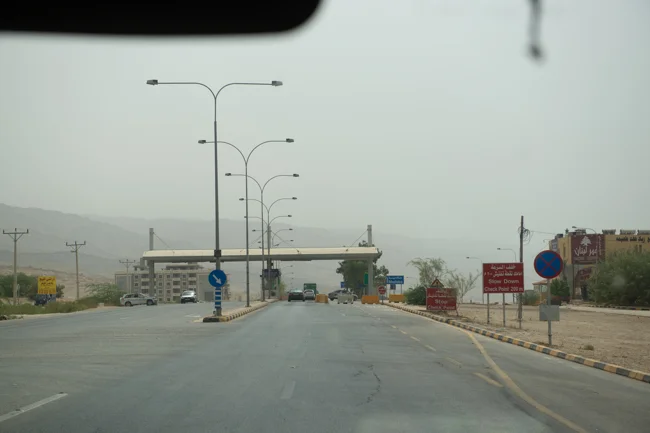
But overall, traveling around Jordan was quite safe and calm. And the warmth and hospitality of the local people left a strong desire to return here again.
